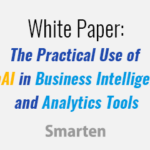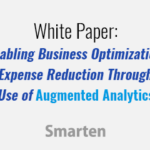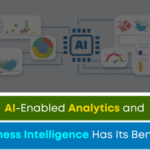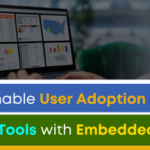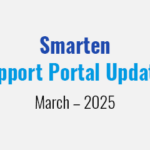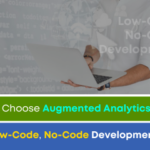Businesses Can Capitalize on Embedded BI to Improve Results!
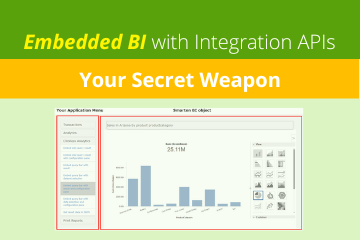
The technology research firm, Gartner, has predicted that, ‘…more than 40% of data science tasks will be automated, resulting in increased productivity and broader usage by citizen data scientists.’ While one might consider this new approach to affect only productivity, in fact, there are many other reasons a business might consider adding augmented analytics to its software environment.
‘By using Embedded BI with Integration APIs, users do not have to take the time to log in to another system and try to figure out a way to merge data with analytics.’
In this article, we discuss Embedded BI and Augmented Analytics and how integrating these tools into the day-to-day work environment can help the business to improve results.
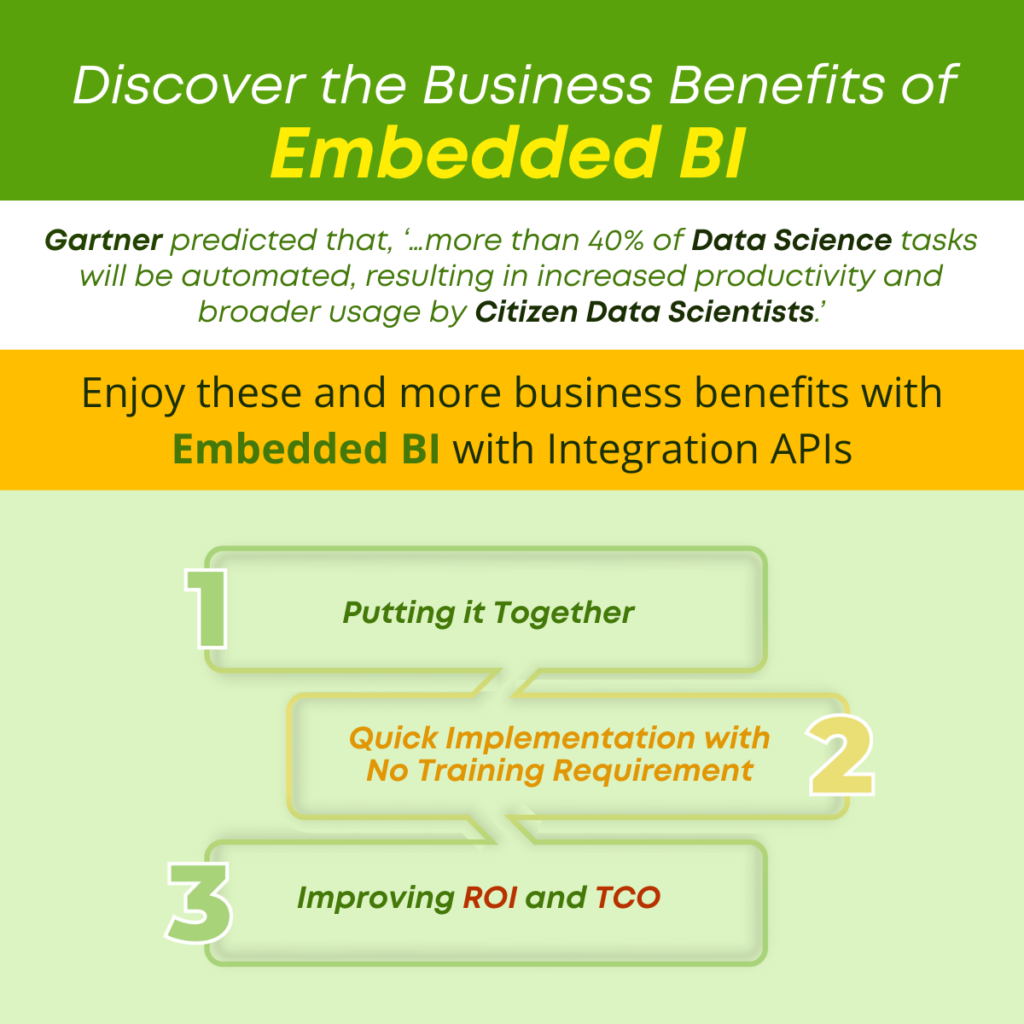
Putting it Together
Every business uses technology and software. Within the virtual walls of these systems, the business maintains and uses data. Business users input numbers, customer interaction, financial investments, purchasing, inventory, training and all manner of enterprise factors affecting success. Most team members use one or two software solutions that relate directly to their role and the tasks they perform. When the organization asks a team member to adopt augmented analytics, the new tools can be daunting, and the expectation that the team will now use one more software solution is often seen as creating a heavier workload. When the business embeds BI and augmented analytics within the confines of the familiar software solution, the business user can sign on to the existing software and, in a single sign-on (SSO) environment, gain access to augmented analytics tools that will help them leverage the data in a new way to gain insight into issues and find the root cause of a problem, to identify opportunities, changes in customer buying behavior, trends in sales, and other factors that affect success. These intuitive tools ensure that there are no obstacles to user adoption and make it easy for users to embrace and employ the tools to achieve better results.
Quick Implementation with No Training Requirement
Because team members do not need to learn new, complex software products, it is more likely they will adopt augmented analytics. The fact that embedded BI is integrated using APIs means that the user does not perceive the new tools as a burden. Users do not have to take the time to log in to another system and try to figure out a way to merge data with analytics. They can use existing tools to find and manipulate data and then combine and analyze that data to see the data in a different way and to create actionable, clear reports.
Improving ROI and TCO
Technology investment is usually a sizeable portion of the enterprise budget. Businesses acquire and use various software solutions to solve specific problems and support certain teams and tasks. By adding embedded BI and augmented analytics to these software environs, the organization can enhance and improve the return on investment (ROI) and reduce the total cost of ownership (TCO).
‘Embedded BI and Augmented Analytics integrates value-added tools into the day-to-day work environment to help the business to improve results.’
While Gartner and other technology consulting firms have rightly predicted the increasing use of augmented analytics and the rise of Citizen Data Scientists, the benefits and improvements inherent in these initiatives go far beyond productivity. By leveraging Embedded BI with Integration APIs, the organization can improve and optimize the use of existing technology and improve results by gaining insight into data, using existing systems and business processes.
Leverage the Smarten approach to Embedded BI And Integration APIs to add powerful functionality and provide access to existing ERP, SCM, HRMS, CRM or any other products and to provide analytics capabilities within existing products without major Investment. Reduce time to market and stay ahead of the competition!



